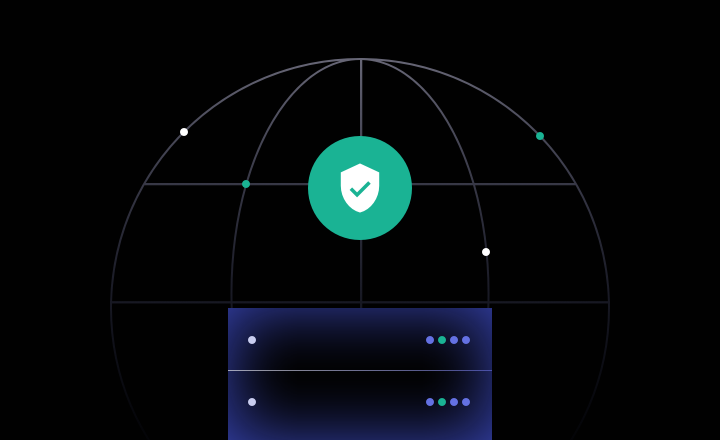
<p><a href="https://www.lokiproxy.com/" rel="noopener noreferrer" target="_blank">rotating proxy</a> technology allows automatic IP rotation across real residential networks, enabling users to appear as though they are connecting from multiple legitimate locations. This makes it highly effective in bypassing geographic restrictions and anti-blocking mechanisms. For users who need cross-regional website access or large-scale data analysis, dynamic residential proxies have become an indispensable tool.</p><p> </p><p>1. <strong>Advantages of Real Residential Network Sources</strong></p><p>Dynamic residential proxies use genuine user networks as exit nodes, with IPs distributed across the globe. Because these IPs originate from real households, they are difficult for websites to identify as proxy traffic. Compared to datacenter proxies, they offer stronger anonymity and stability, allowing users to bypass regional authentication, login verification, and access restrictions seamlessly. This enables users to simulate local browsing environments worldwide, retrieving restricted content or conducting market testing efficiently.</p><p> </p><p>2. <strong>Flexible Bypass of Geographic Restrictions</strong></p><p>Many platforms limit access to specific regions, such as streaming services, ticketing sites, or e-commerce platforms with region-based pricing. By switching IPs to different countries or cities through dynamic residential proxies, users can access otherwise restricted content freely. This flexibility is particularly valuable for cross-border marketing research, price tracking, and competitive analysis, providing more accurate and diversified market insights.</p><p> </p><p>3. <strong>Reducing the Risk of IP Bans</strong></p><p>Websites often deploy anti-bot systems that block IPs making frequent or automated requests. The IP rotation mechanism of dynamic residential proxies prevents this by changing IPs after each request, dispersing traffic sources and lowering detection rates. Because these IPs are tied to real residential users, they enjoy higher trust levels and a significantly reduced risk of being blacklisted—ideal for long-term, stable data collection and automation tasks.</p><p> </p><p><strong>Conclusion</strong></p><p>Dynamic residential proxies combine high anonymity and stability, allowing users to bypass geographic blocks and evade anti-bot measures effectively. For professionals engaged in data analytics, ad verification, or global market research, this technology has become a crucial foundation for secure and efficient operations. For beginners exploring how proxy systems work, experimenting with <a href="https://www.lokiproxy.com/" rel="noopener noreferrer" target="_blank">free proxies</a> can be a practical first step to understand their core functions and performance.</p>
